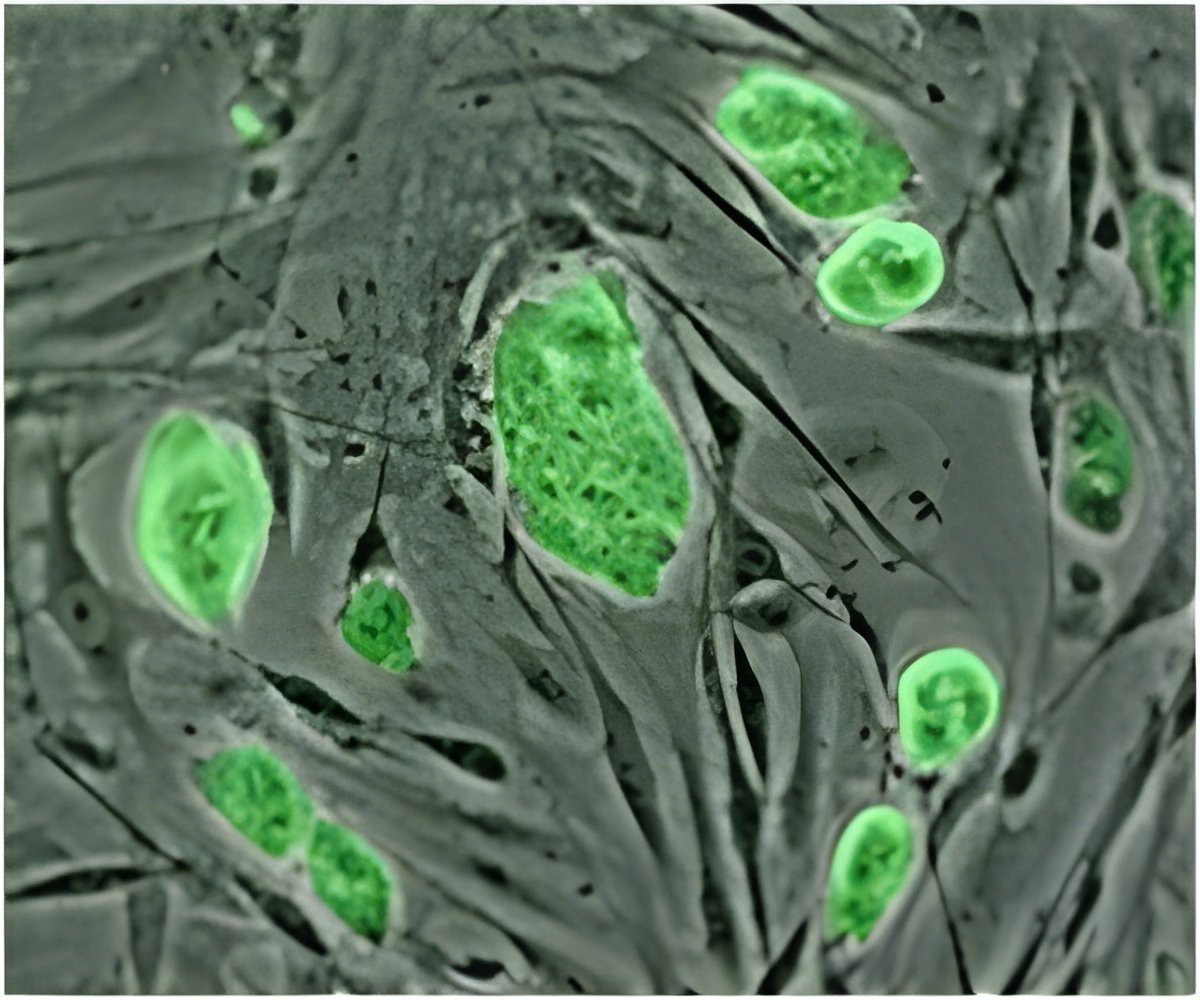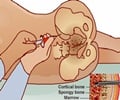Smith-Lemli-Opitz syndrome is a rare developmental disorder caused by mutations in the enzyme DHCR7 responsible for the production of cholesterol.

TOP INSIGHT
Smith-Lemli-Opitz syndrome is a rare developmental disorder caused by mutations in the enzyme DHCR7 responsible for the final step in the production of cholesterol.
Impaired cholesterol synthesis underlies a group of human disorders, including SLOS, that are characterized by cognitive impairment, congenital malformations and distinct behavioral phenotypes, including autism. Specific to SLOS, patients experience delayed development and malformations in certain organs like the brain, heart and liver.
Francis and his team used induced pluripotent stem cells, which have the ability to form many types cells, derived from patient skin cells to reveal novel changes in cellular events regulated by cholesterol synthesis, including a set of proteins critical for brain development and function known as the Wnt signaling pathway. Further, Francis noted that 7DHC accumulation, not cholesterol deficiency, was a hallmark of these cells.
Source-Newswise
 MEDINDIA
MEDINDIA




 Email
Email








